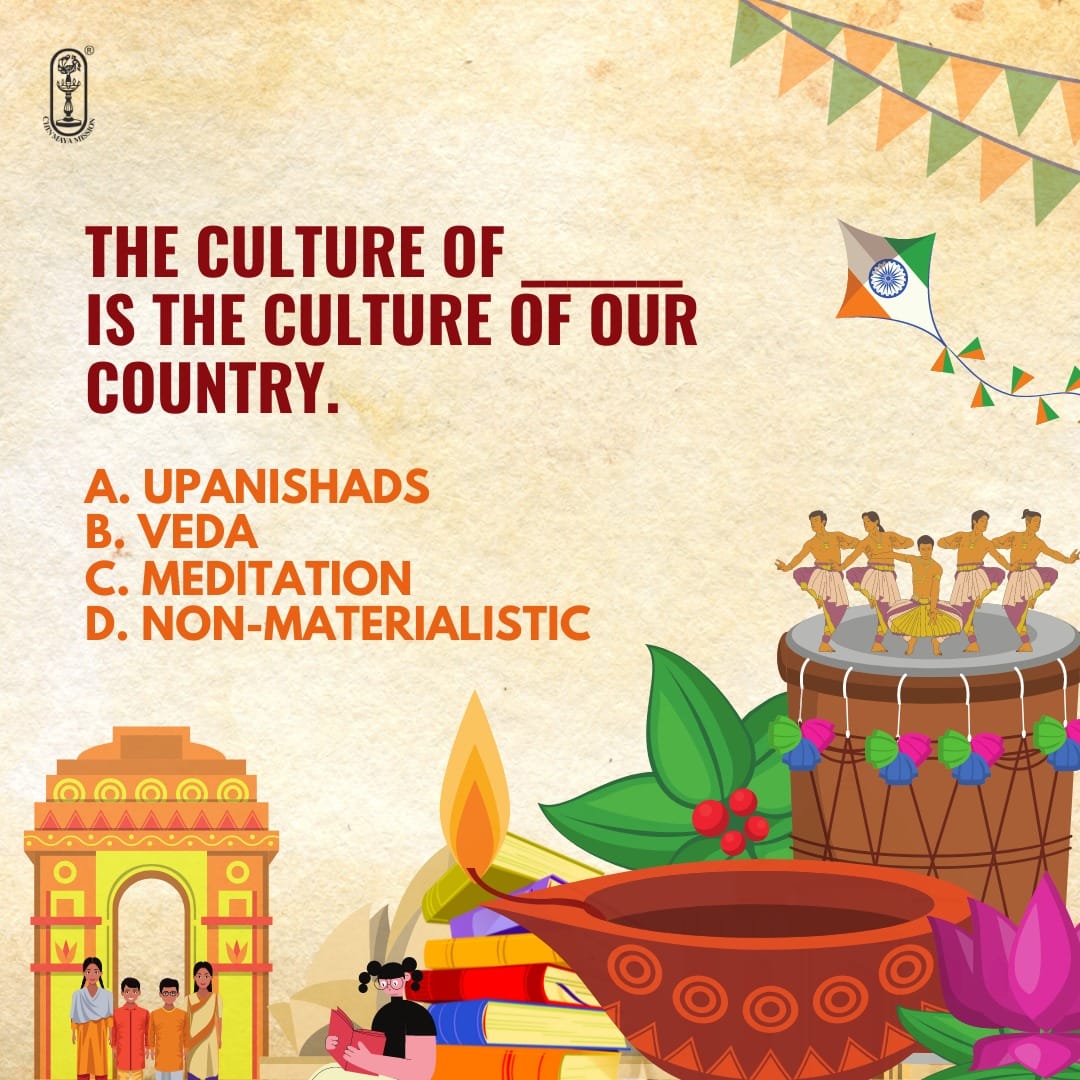Dwelling Places of God :
To,
All Members,
“In his Narada Bhakti Sutra, Sage Narada describes devotion as santi rupa (peace) and ananda rupa (bliss). In Tulsi Ramayana, Lord Rama himself tells Lakshmana that ‘the thought and bhavana (feeling) behind any action that touches and melts the Lord’s heart becomes bhakti (devotion)’. Yet devotion cannot be limited by time or space and so is not just the act itself. Devotion is not a five-to-ten minute engagement during the day, rather it involves the whole being all the time. Often, devotion is looked at as a mere overflow of emotions in the simple-minded with no need for knowledge in that process. However, the fact that such great intellectuals as Veda Vyasa, Sankara and Suka raised devotion to an honoured place in their lives and works shows the fault in that argument.
All of us want to experience devotion in our hearts. We all have this innate yearning, and initially a direction given by a Guru or saint or the scriptural injunctions themselves give birth to a type of devotion called ‘vaidhi bhakti’. We try to develop the feeling of prema (Love) for God, even though our minds feel uninvolved. Then, slowly, the attitude of love begins to guide all our actions naturally.
At this stage, our sadhana, or vaidhi bhakti, becomes prema bhakti. Love for the Divine alone becomes the prime motivation, and this type of devotion fills the entire consciousness of the devotee. With that experience, a devotee then wants nothing, not even the promise of Liberation! Even as the devotee realizes the Highest (Brahma Svarupa), he or she continues to revel in that devotion and spends all his or her life in loving service. Devotion being the basis of all actions, the unconditional love that arises from it finds its own fulfillment.
In Tulsi Ramayana, there is a description of the beautiful of the beautiful dwelling places of such devotion. Lord Rama approaches Sage Valmiki wonders, ‘O Lord! First show me where you are not present! Still, since you ask for a reason, I will tell you the fourteen abodes where you can dwell (to match the fourteen years of your exile).’ The fourteen places are the five organs of perception, five organs of action and the mind (mana), intellect (buddhi) ego (ahamkara) and consciousness (citta), all within a devotee. These places become the dwelling places of God.
Swami Tejomayananda
Head of Cinmaya Mission





Comments